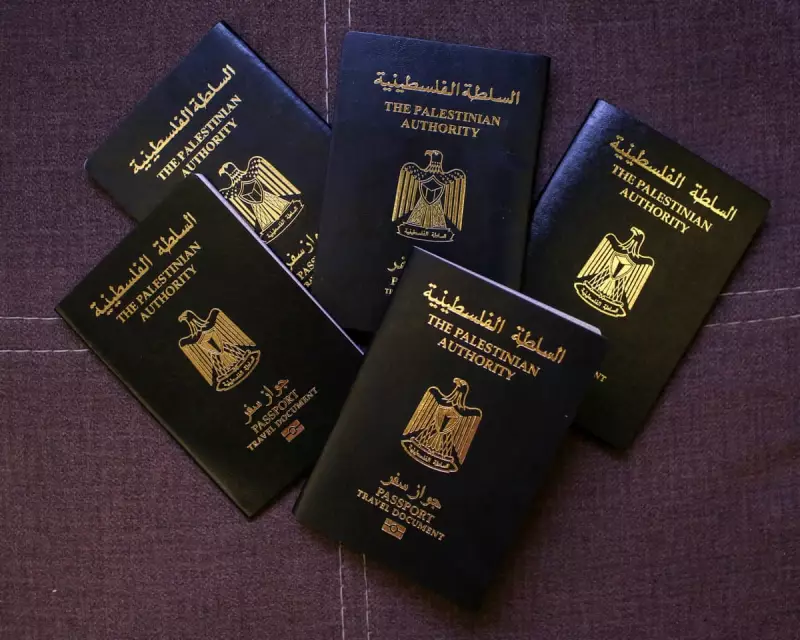
In a significant policy shift, the United States has suspended the approval of visas for holders of Palestinian Authority passports. The move, which took immediate effect, represents a major tightening of US immigration controls and has sparked controversy among human rights advocates.
Security Concerns Cited as Key Reason
According to official sources, the suspension is based on undisclosed security concerns that prompted a comprehensive review of visa procedures. The Biden administration has determined that additional scrutiny is necessary before processing applications from Palestinian Authority passport holders.
The decision affects all new visa applications, while previously issued visas remain valid until their expiration dates. The State Department has confirmed that the suspension is temporary but has not provided a timeline for when normal processing might resume.
Immediate Impact on Travel and Families
The policy change has created immediate uncertainty for Palestinians seeking to travel to the United States for education, business, or family visits. Many applicants who had pending applications now face indefinite delays and potential disruption to their plans.
Advocacy groups have reported widespread confusion among affected individuals, with many learning about the suspension only after their applications were put on hold without explanation.
Political Reaction and Criticism
The decision has drawn sharp criticism from human rights organizations and some political figures who argue that the blanket suspension constitutes collective punishment. Critics maintain that the policy unfairly targets all Palestinian passport holders rather than addressing specific security concerns through individualized assessment.
Supporters of the move argue that enhanced security measures are necessary to protect national interests, particularly given ongoing regional tensions. The administration has emphasized that the suspension is a precautionary measure rather than a permanent ban.
Broader Implications for US Immigration Policy
This development marks another chapter in the evolving landscape of US immigration policy under the Biden administration. While different in scope from previous travel restrictions targeting specific countries, this move demonstrates the administration's willingness to implement swift policy changes based on security assessments.
Observers note that the decision could have diplomatic ramifications and affect the United States' standing in the Middle East, particularly regarding the Israeli-Palestinian conflict.
The State Department has stated that it continues to review its security protocols and will provide updates on when normal visa processing for Palestinian Authority passport holders might resume.





